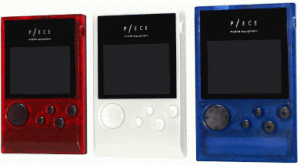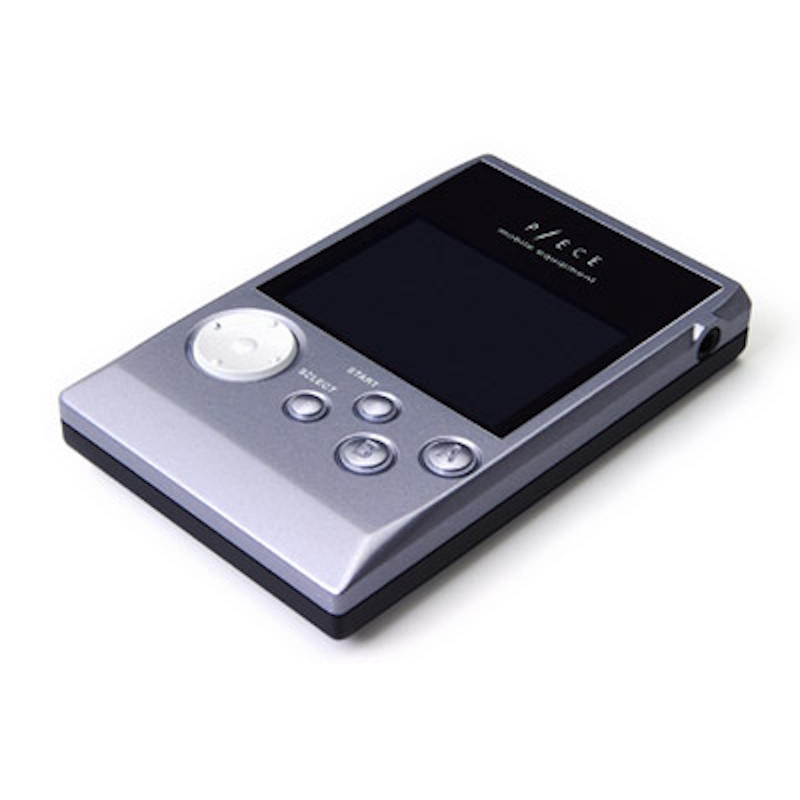|
|
|
History
U-Office, ltd. (有限会社ユーオフィス,) was founded on October 1994 as a publishing company specialized in visual novels, musics and adult software (under their Leaf brand). The company produced their first adult game a few months later in February 1995. In November of the same year, the company changed their offering and started developing games for people of all ages. The company changed its name for Aqua in 1996 and again for Aquaplus (株式会社アクアプラス) in 1998. In 1999 they released their first home console game, To Heart, a visual novel, for the PlayStation.
Around the same time, Sega released the Sega Dreamcast which supported the Visual Memory Unit (VMU), a memory card that also serves as a second screen. When not inserted into the controller, the VMU was acting as a mini-game handheld with multiplayer gaming capability via connectors on the top. Sony soon followed with the Pocket Station which had similar capabilities. It’s based on that concept that Aquaplus decided to create a device that would serve be on the same level as the VMU and the Pocket Station, but for a PC.
Release
Released on November 30, 2001, the P/ECE Mobile Equipment (pronounced piece) was not marketed as a PDA nor a gaming device, but as its own thing. Referred as a “liquid crystal and memory with buttons” by Aquaplus, the idea behind it was to be rather an inexpensive device that is small enough to be carried around all the time and simple enough for developers to develop various games and applications for it. The device could be easily connected to any Windows-based computer with the included USB cable and communicate with other P/ECE devices. As an introduction offer, the original P/ECE was bundled with free games.
Additional games could be downloaded for free on their website and commercial games could also be purchased. Some PC games developers such as BlackRainbow, Hayashi and Leaf released PC Games that feature mini-games that could be played on the P/ECE.
The device quickly gain a cult following among the developer’s community of all background. Bundled with a solid software development kit, the device was simple enough for amateurs to start developing their own software and even distribute them with no royalty to be paid to Aquaplus. To increase the number of software and give more visibility to their products, Aquaplus launched a series of development contest from December 2001 to February 2002, giving away millions of yen in prizes.
In April 2002, three new colors of the P/ECE were made available : Clear Red, Pearl White and Clear Blue. On the same month, Aquaplus also updated the graphics library for P/ECE and made some free musical materials available for developers.
 |
| The Clear Red, Pearl White and Clear Blue P/ECE |
Demise
The release of the colored models were not enough to prolong the excitement over the P/ECE. In the next few months, a few titles by Black Rainbow and Leaf would be released, leading to April 2003, date with the last commercial software and, coincidentally, the last firmware would be made for the device. In November 2003, Aquaplus reduced the price of their new P/ECE to ¥9,000 in their online store.
The P/ECE was a really interesting idea, but it failed to grow outside of its roots. The device was primarily used by developers and PC enthusiasts which was not a large enough community to turn the P/ECE in a more mainstream device. While it was never designed to reach the masses, the concept of PC software interacting with the P/ECE had the potential to push the device to a more mainstream audience. Sadly, while many PC titles were developed with P/ECE support, most of them were adult titles, including a few developed by Aquaplus themselves under their Leaf brand.
On August 20, 2004, Aquaplus archived the P/ECE to their main website which still let you download the latest software made for it. While Aquaplus stop supporting the device, the community never stopped developing for it, with new commercial games still being made as far as 2021.

